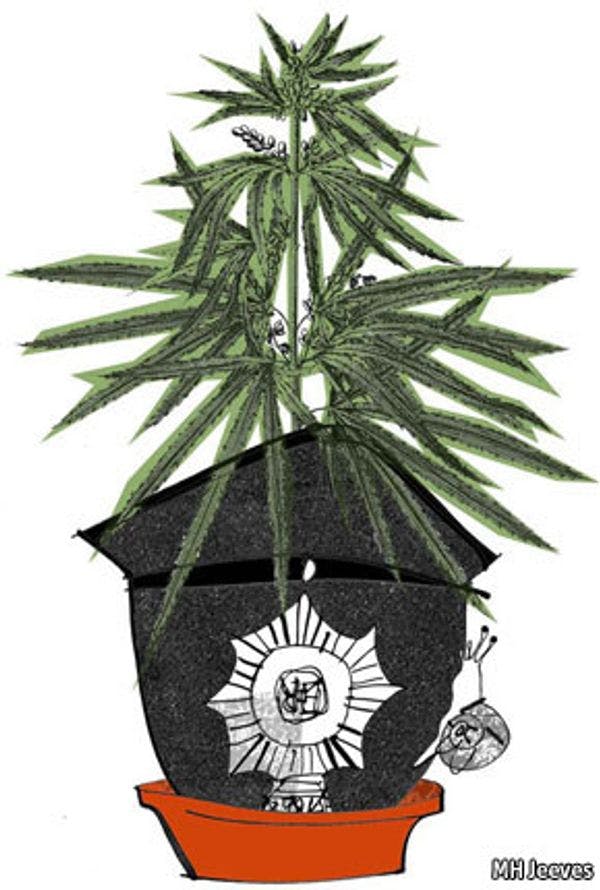Winding down the war on drugs: Towards a ceasefire
Drug law and drug policy reforms are coming because the “war on drugs” is being won by the powerful criminal gangs who deal with drugs. Since 1998, when the UN held an event entitled “A drug-free world: we can do it”, consumption of cannabis and cocaine has risen by about 50% and so for opiates. I f efforts to stem demand have been futile, trying to control supply has been disastrous. Latin American leaders are tiring of this. Guatemala, Uruguay, Colombia or Mexico are making statements against the war on drugs or promoting legalization of regulated markets. In Bolivia, cultivation and use of coca leaves as a traditional right was regulated and negotiate as a partial opt-out from the Single Convention.
In United Estates, changes are also happening. In November voters in Colorado and Washington backed proposals to legalise, tax and regulate cannabis for recreational use. In 18 states plus Washington, DC. the medical marijuana is legal and plenty of states have decriminalised cannabis possession. However, cannabis remains illegal under America’s Controlled Substances Act, the 1970 law that implemented the Single Convention in the United States.
Cannabis policy is changing in Europe, too. In Spain, selling is illegal, buying is not. In Portugal, drug use is treated as a health issue, not a crime. Europe has been to drop punitive policies in dealing with heroin and cocaine addiction, in favour of harm reduction.
Click here to read the full article.
Keep up-to-date with drug policy developments by subscribing to the IDPC Monthly Alert.
